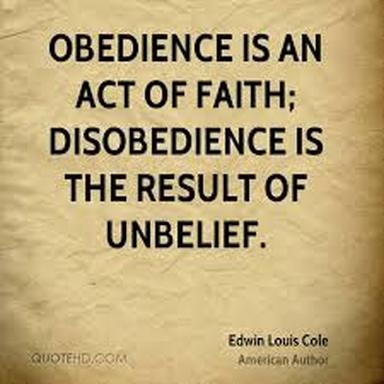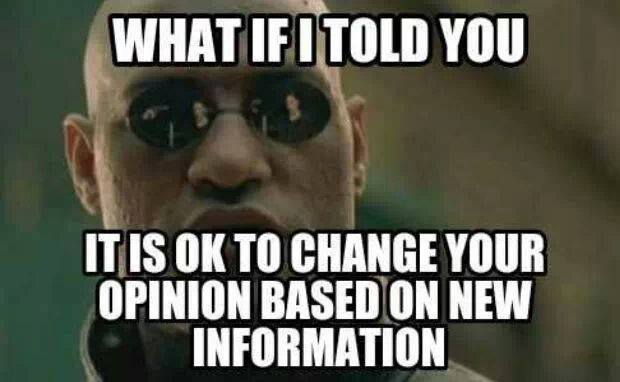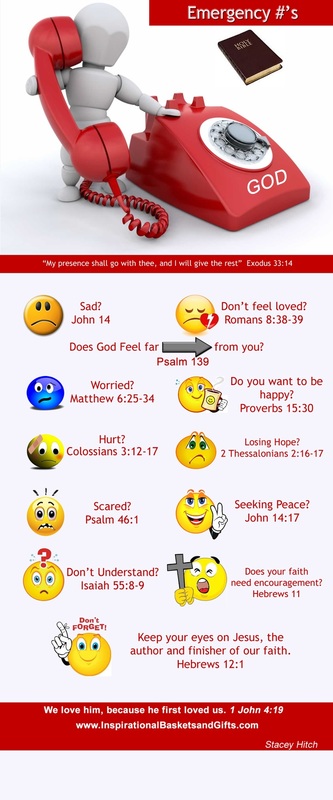Following God is about full surrender to God’s will and purpose.

Isn’t it ironic that what supposedly began as a request for God’s direction, turned out to be outright rebellion against God’s direction. Folks, following God isn’t following when it pleases you, but rather, following and obeying Him no matter what. Following Christ is absolute surrender to His will, nothing more and nothing less.
1 Sam. 15:23a “For rebellion is as the sin of witchcraft, and stubbornness is as iniquity and idolatry…”
Do you know what rebellion really is? Rebellion, when one boils it all down, is putting one’s own will above God’s will. Someone has accurately defined rebellion this way: “Reserving for myself the right to make the final decision. (Isaiah 65:2).”7










 RSS Feed
RSS Feed